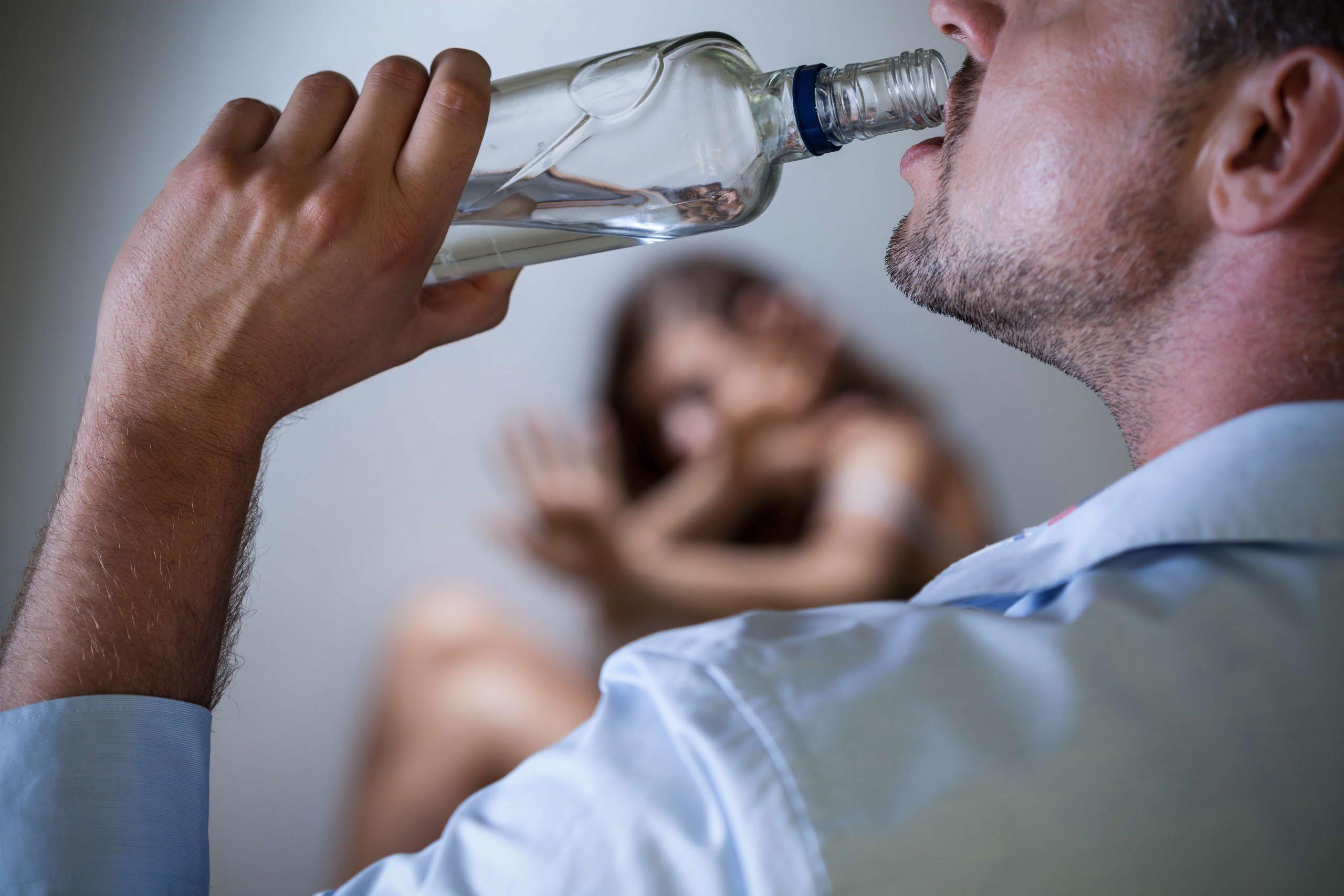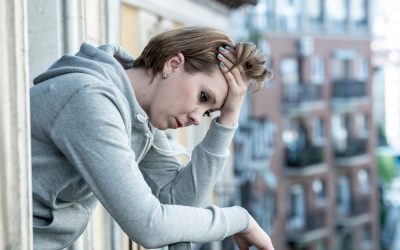Sleep disorders like insomnia can co-occur with alcohol abuse, and treating insomnia can improve a person’s sleep quality while in recovery. According to the Substance Abuse and Mental Health Services Administration, 25% to 75% of people with alcohol use disorders report sleep problems. If you used to self-medicate to get to sleep when you were drinking, it’s likely the insomnia will still be there when you get sober. Even though supplements and medications can help tremendously for alcohol withdrawal insomnia, they are not necessary in every case. In other cases, they are necessary, but not sufficient to guarantee that you get the best night’s sleep possible. Ultimately, how to end alcohol withdrawal insomnia is the same question as how to end alcohol withdrawal itself.
Environmental and Social Factors
This can reduce the likelihood of sleep disruptions later in the night. For this reason, a person may need to drink increasing amounts to fall asleep, increasing the risk of alcohol https://sodo66vn.live/what-is-the-fentanyl-fold-rehab-center-opioid/ abuse and addiction. Researchers have found that insomnia is a risk factor for alcohol abuse. A growing number of people have had success using kratom to reduce the symptoms of alcohol withdrawal, including insomnia.
- Finding ways to cope with insomnia and other sleep issues is important since poor sleep can be a risk factor for alcohol relapse.
- I stopped taking it after about a week because it made me feel extremely groggy the next day.
- If you’re in recovery, your healthcare provider will need to weigh the risks and benefits of prescribing these medications for insomnia.
- For many professionals, stress and pressure is a common part of the working environment.
The 6 Stages of Mental Health Recovery
However, it isn’t even an effective way to fall asleep in the first place, at least not long term. So if you need a glass of wine to fall asleep, it may be helping get you there, but it’s overall not the best quality sleep. And in time, we do become less sensitive to this sleep latency effect of alcohol, and we have even more sleep troubles. If insomnia persists for months or you experience severe daytime fatigue, memory issues, or mood disturbances, it’s time to consult a healthcare provider. Treating insomnia earlier can prevent further complications such as mental health disorders or poor work performance. Ultimately, developing a personalized sleep routine that works for you is key.
Comorbid Sleep Disorders: Understanding the Complex Interplay with Other Health…
Long-term alcohol use creates even more significant sleep disruptions. The brain adapts to the presence of alcohol by adjusting neurotransmitter production and receptor sensitivity. Over time, the sleep-inducing effects of alcohol become less pronounced, requiring larger amounts to achieve the same sedative effect.
The Recovery Village Palmer Lake specializes in compassionate, evidence-based care tailored to your needs. Whether you’re seeking help for yourself or a loved Alcohol Use Disorder one, we’re here to guide you every step of the way. There are a lot of things you can eat to help your body deal with alcohol intake. Plus, alcohol is terrible for our health overall, but particularly for our liver health.
While the journey through withdrawal insomnia can be challenging, it represents an important step toward overall health and wellness. As well, it can push your REM sleep cycles later into the night meaning you get some deep sleep up front but you’re in a lighter sleep as the night goes. This is often called the “alcohol rebound effect” (1) and you may find yourself waking frequently and having difficulty falling asleep. Studies show that sleep disturbances can last weeks to months after quitting alcohol, especially for long-term drinkers. However, as your brain chemistry stabilizes, natural sleep cycles return. Moderating alcohol consumption is the most effective way to prevent hangover insomnia and other alcohol-related sleep issues.
However, as the body metabolizes the alcohol, it can cause disturbances in the sleep cycle, leading to frequent awakenings throughout the night. Strong support networks can provide encouragement and practical help during difficult periods of sleep disturbance. Loved ones should understand that withdrawal insomnia is a medical symptom, not a choice or sign of weakness.
Start Your Recovery Now!
As your body works to lower your blood alcohol level, you may experience disrupted sleep and wake up more often than usual. While red wine contains alcohol, which is known to have sedative effects, it also contains certain compounds that can interfere with your sleep. Understanding these factors can help shed light on why red wine might be affecting your ability to get a good night’s sleep. Implementing good sleep hygiene practices can significantly improve sleep quality during withdrawal and beyond.
Common Withdrawal Symptoms When Quitting Alcohol
This doesn’t necessarily mean abstaining entirely, but rather being mindful of the quantity and timing of your alcohol intake. Consider setting limits on the number of drinks you consume in a single session and try to finish drinking well before bedtime to allow your body time to metabolize the alcohol before sleep. Rehydration is a crucial first step in managing hangover symptoms and promoting better sleep. Alcohol’s diuretic effects can lead to significant fluid loss, contributing to many hangover symptoms, including difficulty sleeping. Before going to bed and upon waking, drink plenty of water or electrolyte-rich beverages to replenish lost fluids and minerals.
This involves systematically tensing and then relaxing different muscle groups in your body, starting from your toes and working your way up to your head. This practice not only promotes physical relaxation but also helps distract your mind from any racing thoughts that might be keeping you awake. Another concerning effect of alcohol on sleep is the increased risk of why cant i sleep after drinking sleep apnea and snoring.



